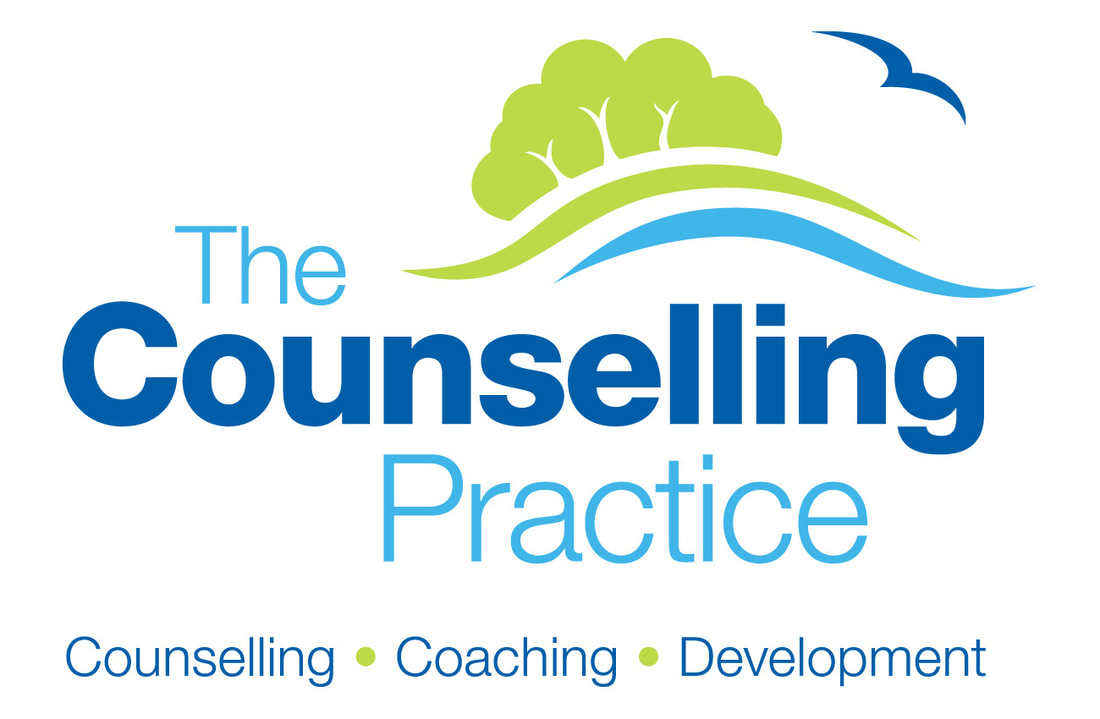Our counsellors offer support using a wide range of approaches. The information below gives you an overview of some of the most common approaches in counselling and how they are delivered. You can then decide what type of counselling or support sounds comfortable for you. Each counsellors’ training and methods can be found on their individual profile pages. There are a number of other therapies offered by our counsellors and if there is a particular approach that you would like to understand more about, just contact us
Cognitive and behavioural therapies
These are mainly talking therapies that focus on the way in which you think, feel, and behave when dealing with a specific issue or situation. These types of therapies work by helping you change or recondition your mind, patterns of thought and behaviours when faced with the issue or situation that triggered the unwanted reaction.
These therapies include:
- Cognitive behavioural therapies (CBT)
- Cognitive analytic behaviour (CAT)
- EMDR (Eye Movement Desensitisation and reprocessing)
Psychoanalytical and psychodynamic therapies
These approaches focus on your unconscious mind and it’s thoughts and perceptions. Your unconscious mind, it’s filters and interpretations are developed from childhood, through events, your experiences, and the world around you. These therapies work to create deep-seated change in your unconscious, helping you understand your inner self better.
These types of therapies include:
- Psychodynamic Therapy
- NLP (Neuro Linguistic Programming)
Humanistic therapies
These approaches focus on your own self-development, identifying and helping you recognise and develop you own strengths. These therapies work to open your mind to your potential and appreciate the choices you have in your day-to-day life.
These types of therapies include:
- Person-centered therapy
- Transactional Analysis
Other
- Hypnotherapy
- Mindfulness and meditation
